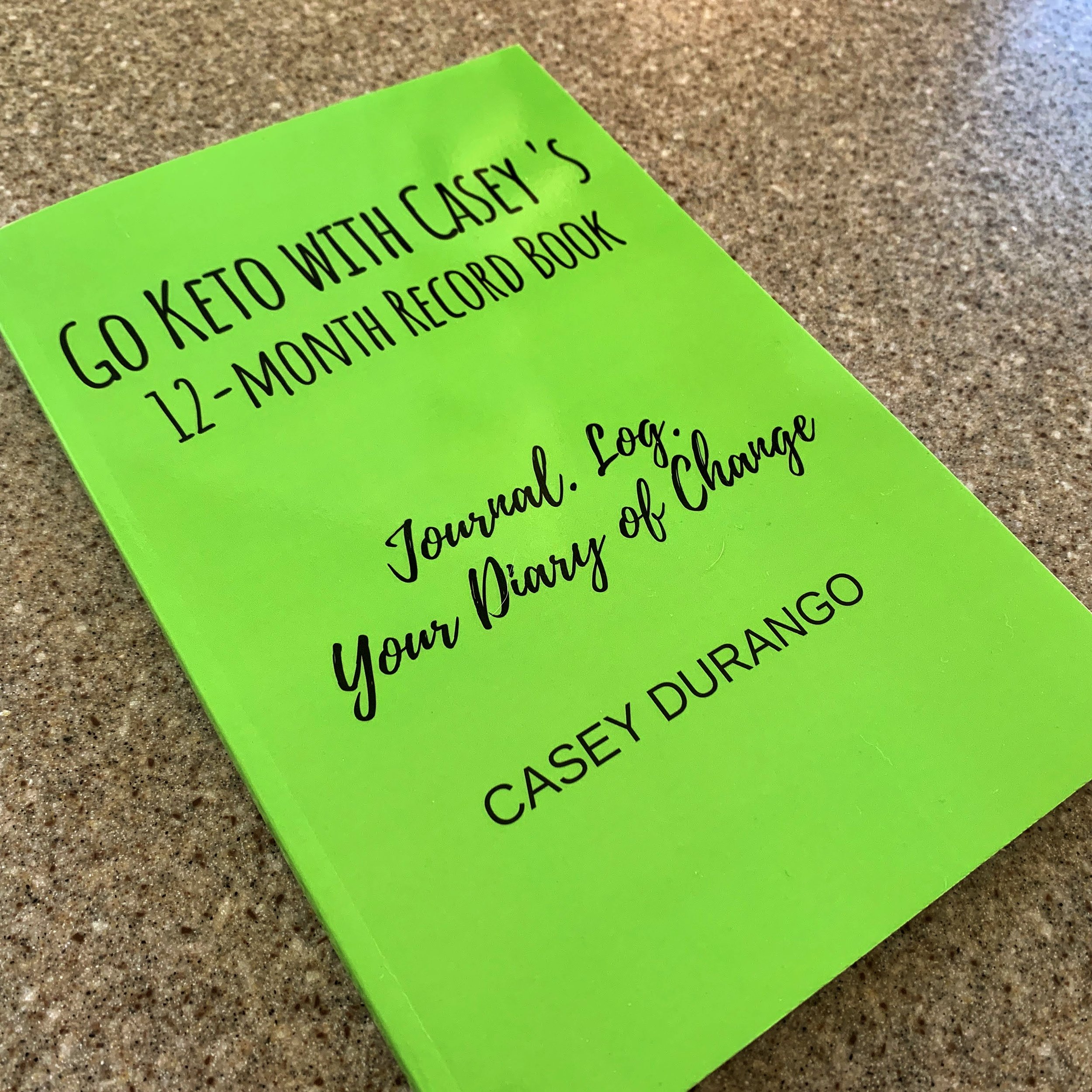Keto and Doctors
/We all need medical care at one time or another. We rely on the education and experience of our doctors, physician's assistants, nurses, and others in the healthcare system to help us stay healthy and to mend us when needed. However, we risk doing ourselves a disservice if we relinquish decision-making about our well-being to someone without questioning the whats, whys, and hows. Medical professionals go through years of education and training. They have more medical facts crammed in their noggins than there are cat videos on YouTube. They deserve the respect society often pays them. There is one glaring exception, though: nutrition. Most physicians receive virtually no nutrition training in medical school (other than saturated fat causes high cholesterol, which leads to heart disease, which kills you, which is inaccurate). Apparently, Hippocrates' quote, "Let food be thy medicine and medicine be thy food" was left on the metaphorical cutting room floor when the curricula were designed.
Because so many medical professionals graduated with so little instruction on food and its impact on health—other than "everyone should move more, eat less, and when we eat it should be low-fat"—patients with symptoms of chronic disease are often given that bit of lame incorrect unhelpful advice—and are then prescribed medication. It is rare the GP who recommends their patient steers clear of carbohydrates (if they've inquired at all about what the person eats). Many don't realize that for many, intolerance to carbs is what causes those symptoms: inflammation, high blood sugar, high blood pressure, acid reflux, irritable bowel syndrome, skin rashes. The list goes on. Further, many doctors believe that vegetables and fruit are "free" foods, that one can't overdo them, and that they are essential to our well-being. In fact, carbohydrate, of which fruit and veg are mostly comprised, is not an essential macronutrient. Fat and protein? Indeed, they are essential. That means that we must consume fat and protein to get the amino acids required for cell life—our bodies cannot generate those acids themselves. However, we don't need to consume carbohydrates to get the required glucose. Our bodies create glucose as needed through gluconeogenesis. I wonder if your doctor knows that. Possibly so, but very possibly not.
Decades of fat being demonized have resulted in medical misconceptions ruling the day. It has become Bizarro World, with the simplest solution to many health issues being ignored and the opposite of correct information being passed on to patients. There is little doubt that the tsunami of Type 2 Diabetes that is rolling over most of the world has been caused by poor nutrition recommendations put in place decades ago, resulting in poor medical guidelines. The solution is food, and that food should be low in carbohydrates.
How did we get in this mess? It's a long story—very long— and to delve further, I recommend reading The Big Fat Surprise by Nina Teicholz, and Good Calories Bad Calories by Gary Taubes. (Try not to get too ticked off as you read how egos, politics, and commerce all came together to trash our collective health.)
How do we deal with our personal situation in regards to how or medical providers may advise us? Many of us already know that laying off carbs works. We feel better, lose weight, come off of medications. Our doctors may still be on a learning curve. My approach, after years of having noted in my medical record, "Casey continues to struggle with her weight [true]. I recommend a low-fat diet and exercise." After I lost the first 25 pounds or so after starting the ketogenic protocol, I went for my annual checkup.
"Hey! I see you've lost weight! That's great. How are you doing that?"
"By doing the opposite of what you told me to do."
"… Oh … I see. … Uh, so, what are you doing precisely?"
"I'm eating very low carbs and enjoying my fill of fat and protein."
"… Okay … I'm glad you're doing well, but I'm worried about your cholesterol."
"I know you are. That's not your fault. You were taught the wrong thing."
To her credit, my doctor took no offense and agreed to order of complete NMR lipid profile. That test provides more information about the several components that comprise cholesterol rather than getting just the overall—and pretty useless—number. Spoiler alert: the results of that checkup read, "Casey, these are excellent numbers. Your overall cholesterol number is a bit high, but that's because your HDL is so high. Keep up what you're doing."
Now, that's a good doctor. Being open-minded and a bit curious are good qualities in general. When one is charged with the healthcare of others, I dare say they are a must. Ultimately, though, we need to take more of a lead in our care. Medical doctors aren't infallible, and they don't occupy our bodies. They don't know how we feel, nor can they know how much better things are when we take control of our nutrition and fuel ourselves the way we are designed to do.
The bottom line is, our health is essentially in our hands when it comes to fundamental things. We can't control many things, and tomorrow is promised to no one. Random diseases can strike us, but we can control what we put in our mouths. And when choosing to eat foods that serve us and not to eat those that don't, we do a long way to wresting control of our future. Let's make our futures as vital, pain-free, medicine-free, and fulfilling as possible.
We can do it.






